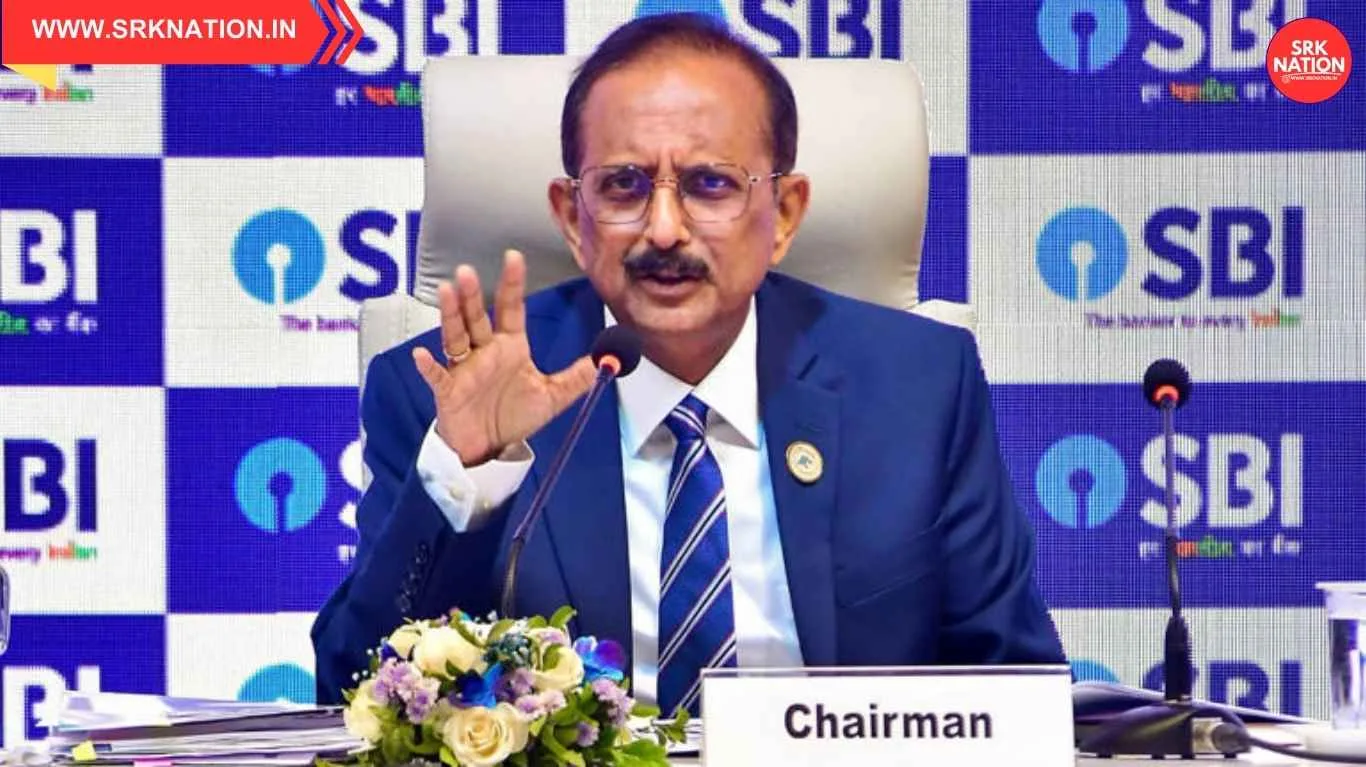In a landmark statement highlighting India’s ambitious economic reforms, Civil Aviation Minister Kinjarapu Rammohan Naidu has declared that Gujarat’s GIFT City will unlock an annual opportunity worth USD 5 billion for the domestic aviation industry. His remarks come amidst continued policy focus to establish GIFT City as a globally competitive financial hub and transform India’s aircraft leasing, financing, and maintenance ecosystem.
What did Minister Naidu say?
While addressing the Aviation Summit in Delhi on Monday, Naidu emphasised that India’s aviation market is poised for an exponential leap, driven by rising passenger traffic, fleet expansion plans, and policy clarity through initiatives like GIFT City. He stated:
“We are working to build an ecosystem where aircraft leasing, financing, and related aviation businesses will flourish within India rather than being routed through foreign jurisdictions. GIFT City alone can unlock a $5 billion opportunity every year for the Indian aviation industry.”
What is GIFT City and its relevance to aviation?
GIFT City (Gujarat International Finance Tec-City) is India’s first International Financial Services Centre (IFSC) located in Gandhinagar, Gujarat. It provides globally benchmarked financial services facilities, tax benefits, and regulatory frameworks to attract international business.
In the aviation sector, GIFT City:
- Enables aircraft leasing and financing firms to set up operations under IFSCA regulations with tax exemptions, GST waivers on lease rentals, and reduced withholding taxes.
- Helps Indian airlines lease aircraft directly from GIFT City-based lessors, avoiding heavy costs of routing leases via Ireland, Singapore, or Dubai.
- Promotes aircraft financing and securitisation transactions within India, retaining value and creating skilled employment.
Why is aircraft leasing important for India?
| Aspect | Explanation |
|---|---|
| Current scenario | Over 80% of India’s commercial aircraft fleet is leased from global lessors, incurring significant foreign exchange outflows. |
| Cost implications | Aircraft leasing and financing routed overseas lead to higher transaction costs, regulatory challenges, and taxation burdens. |
| GIFT City advantage | Setting up domestic leasing and financing hubs reduces costs, improves compliance ease, and retains capital within India. |
$5 billion opportunity: The breakdown
Naidu’s $5 billion projection encompasses:
- Aircraft leasing and financing revenue retained within India rather than paid to foreign lessors.
- Growth in ancillary services such as aircraft maintenance, legal and consulting services, technical evaluations, and insurance.
- Employment generation in aviation finance, legal, and risk management sectors within GIFT City.
- Potential reduction in leasing costs for airlines, enabling fleet expansion and operational efficiency.
- Tax revenues and economic activity catalysed by concentrated aviation finance operations.
Recent milestones in GIFT City aviation initiatives
- First aircraft leasing transaction under IFSC regulations was completed in 2021 when Vman Aviation leased an Airbus H125 helicopter to Thumby Aviation.
- Major global lessors like CDB Aviation, Aviation Capital Group, and Acumen Aviation have begun exploring GIFT City for Indian operations.
- Finance Ministry announced further tax incentives in Union Budget 2025, including GST exemptions on aircraft lease rentals and reduced corporate tax for IFSC-based aviation firms.
Expert reactions
Siddharth Sharma, aviation finance consultant, said:
“Naidu’s $5 billion estimate is realistic if GIFT City scales its aircraft leasing ecosystem. Ireland, Singapore, and Dubai are success models. India has similar potential given its fleet growth trajectory.”
Aviation analyst Amrita Sinha added:
“For Indian airlines like IndiGo, Air India, and Akasa, leasing from GIFT City reduces costs, ensures faster transaction clearances, and improves liquidity management.”
How does it align with India’s aviation growth targets?
India is projected to become the third-largest aviation market by 2026, with:
- Passenger traffic expected to surpass 1 billion annually by 2040.
- Domestic airlines planning to induct 1,000+ aircraft over the next decade to cater to rising demand.
- Government’s UDAN regional connectivity scheme accelerating aircraft acquisition needs for smaller routes.
Aircraft leasing and financing ease through GIFT City ensures Indian airlines remain financially viable amidst global competition and fuel price volatility.
Key government initiatives to support aviation leasing in GIFT City
| Policy measure | Details |
|---|---|
| Tax exemptions | 100% tax exemption on income from aircraft leasing for 10 years. |
| GST waiver | No GST on lease rentals payable by airlines to GIFT City lessors. |
| IFSCA regulations | Dedicated aircraft leasing and financing regulations under IFSCA ensure global compliance standards. |
| Single-window clearances | Faster approvals for leasing companies setting up in GIFT City. |
| Training programs | Capacity building for Indian professionals in aviation finance and leasing. |
Global lessons: How Ireland built its aircraft leasing empire
Ireland controls over 50% of global leased aircraft assets, driven by:
- Business-friendly tax treaties.
- Dedicated aviation finance workforce.
- Robust legal frameworks ensuring lessor rights and asset recovery.
India’s GIFT City aims to replicate this model with indigenous advantages of a growing aviation market and strong government backing.
Challenges to address for success
While GIFT City’s prospects are strong, experts caution against:
- Regulatory teething issues in integrating global lessor expectations with Indian operational realities.
- Currency and forex risks if rupee depreciation affects lease payments.
- Ensuring rapid dispute resolution frameworks to protect lessor assets in event of airline bankruptcies or defaults.
Future outlook: The next steps
Naidu outlined the government’s roadmap, which includes:
- Encouraging Indian banks and NBFCs to participate in aircraft leasing funding structures.
- Creating special purpose vehicles (SPVs) within GIFT City for large leasing deals.
- Collaboration with global leasing giants to bring best practices and train Indian professionals.
- Developing aircraft maintenance, repair, and overhaul (MRO) hubs alongside leasing to reduce overseas dependence.
- Establishing India as a regional aviation finance hub for South Asia and the Middle East.
Conclusion
The unlocking of a $5 billion annual opportunity through GIFT City marks a decisive shift in India’s aviation strategy, enabling the country to:
- Retain capital within its economy.
- Strengthen airlines’ financial viability.
- Generate high-skill employment.
- Build a globally competitive aviation finance ecosystem.
As GIFT City evolves into a full-fledged aircraft leasing and financing hub, it will redefine India’s aviation sector trajectory in line with the government’s vision of Atmanirbhar Bharat (self-reliant India) in high-value global industries.
Disclaimer
This article is based on official statements by Aviation Minister Kinjarapu Rammohan Naidu, expert analyses, and government policy announcements as of July 2025. Readers are advised to consult original notifications and financial advisors before making business or investment decisions. The publication bears no responsibility for actions taken based on this content.











